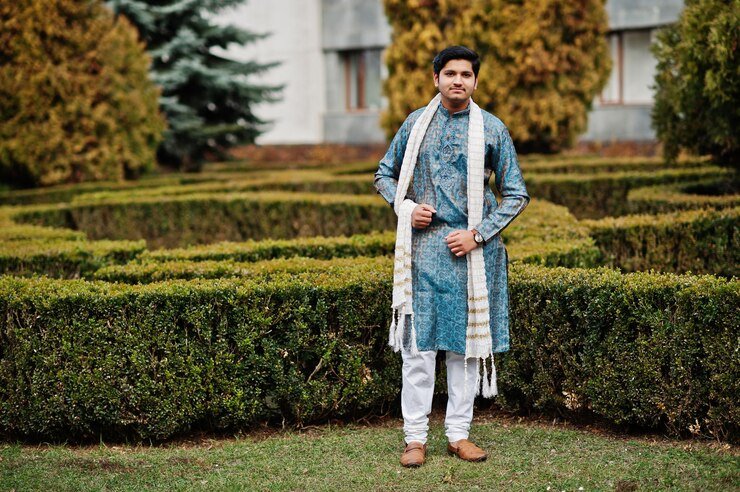Introduction: Prince Rahim Aga Khan – A Modern Leader with a Timeless Legacy
Prince rahim aga khan, the eldest son of His Highness prince rahim aga khan IV, stands as a prominent figure in the global Ismaili community and international philanthropic circles. With a blend of royal heritage and forward-thinking vision, Prince Rahim has emerged as a modern leader dedicated to sustainable development, cultural preservation, and social impact. His efforts are deeply rooted in the ethos of the Aga Khan Development Network (AKDN), where he plays a pivotal role. Prince Rahim represents a dynamic new generation of leadership that is both globally aware and spiritually grounded, reflecting the values of inclusiveness, compassion, and progressiveness instilled by his father and the Ismaili tradition.
Early Life and Education: A Royal Upbringing with a Global Outlook
Born on October 12, 1971, in Geneva, Switzerland, Prince Rahim was raised within a unique blend of Eastern spirituality and Western academia. As a descendant of Prophet Muhammad through the line of the Fatimid Imams, he inherited a profound legacy of leadership. His early education was undertaken in elite institutions across Europe, fostering a multicultural awareness from a young age. He later pursued higher education at Brown University in the United States, where he majored in Comparative Literature. This academic foundation, enriched by a deep exposure to global cultures and languages, equipped Prince Rahim with a nuanced understanding of the world’s complexities and the interconnectedness of humanity.
Role in the Aga Khan Development Network: Championing Social Progress
Prince Rahim holds a significant leadership position within the Aga Khan Development Network (AKDN), one of the world’s largest private development organizations. His focus has been on areas such as environmental sustainability, climate resilience, education, and economic development. Under his stewardship, numerous programs have expanded their reach and impact, particularly in vulnerable and underserved regions of Africa and Asia. His commitment to ethical leadership and sustainable development is evident in initiatives that not only improve livelihoods but also preserve cultural heritage and promote gender equality. Prince Rahim’s strategic insights and dedication to service are instrumental in driving AKDN’s mission to enhance the quality of life for people regardless of faith or origin.
Personal Philosophy and Vision: Bridging Tradition and Innovation
A defining trait of prince rahim aga khan public and professional life is his ability to bridge the traditional values of the Ismaili faith with the challenges and opportunities of the modern world. His philosophy emphasizes balance—between spiritual well-being and material progress, between cultural identity and globalization, and between environmental responsibility and technological advancement. This vision is especially apparent in his support for green architecture, clean energy initiatives, and inclusive economic policies. By fostering partnerships across sectors and geographies, Prince Rahim embodies a leadership style that is collaborative, informed, and empathetic—qualities that resonate strongly with the pluralistic ethos of his faith and the global needs of today.
Family Life and Public Engagements: A Life of Purpose and Privacy
While Prince Rahim maintains a relatively low public profile compared to many royals, his appearances at key international and community events reflect his dedication to global development and Ismaili community matters. He was previously married to Princess Salwa (formerly Kendra Spears), with whom he shares two sons. Despite the attention his lineage naturally attracts, Prince Rahim has consistently emphasized substance over spectacle, choosing to focus on meaningful engagement rather than ceremonial duties. His approach to public life reflects humility and purpose, aligning with the ethical and service-oriented principles of the Aga Khan family.
Conclusion: A Guiding Light for Future Generations
Prince Rahim Aga Khan exemplifies the values of enlightened leadership, compassion, and commitment to human dignity. In a time of rapid global change and complex challenges, his role within the AKDN and broader development landscape serves as a testament to the enduring relevance of principled leadership. His work transcends borders and builds bridges—between people, ideas, and generations. As he continues to expand his impact in the spheres of education, sustainability, and global development, Prince Rahim remains a beacon of hope and a symbol of thoughtful, transformative leadership in the 21st century.

